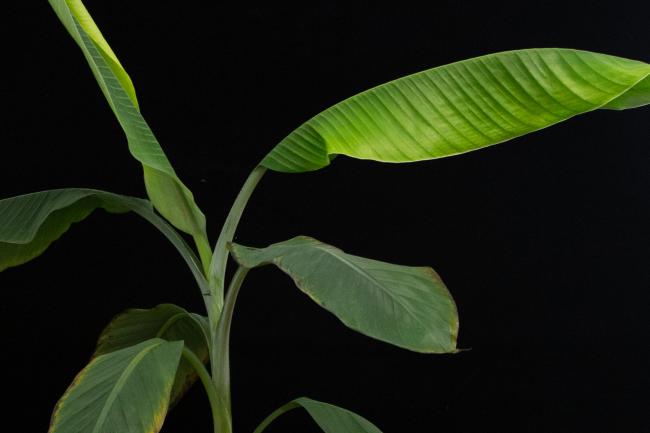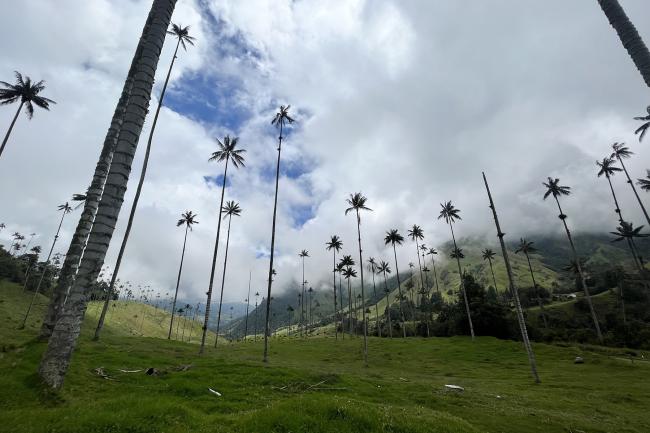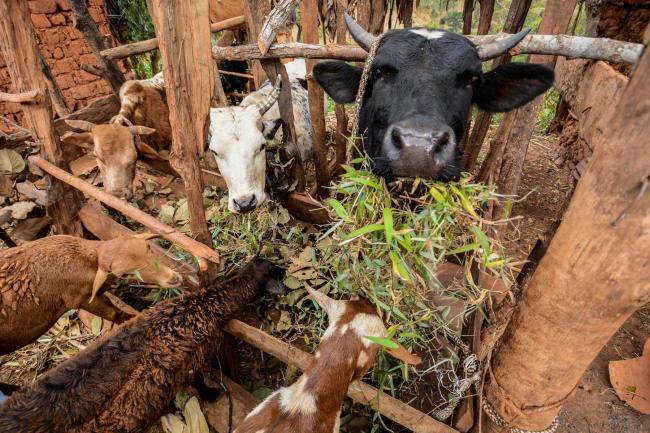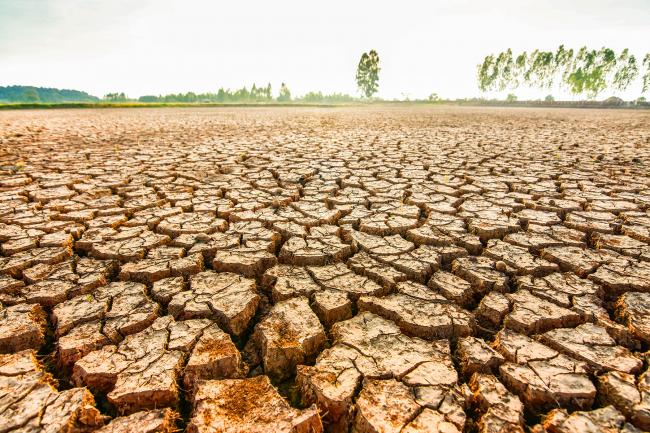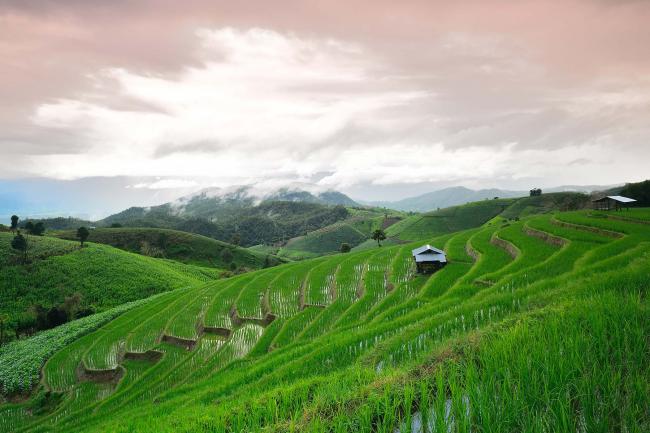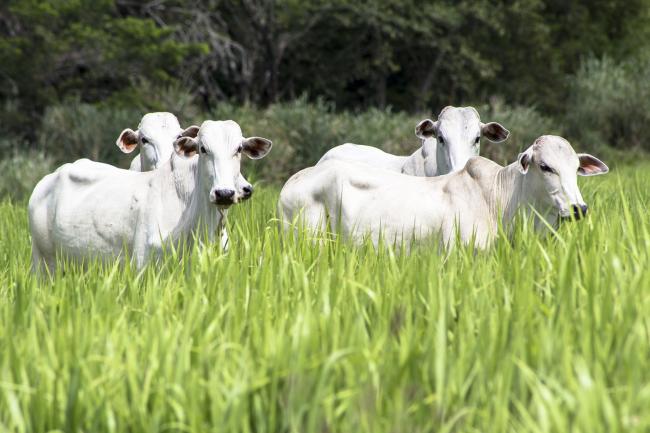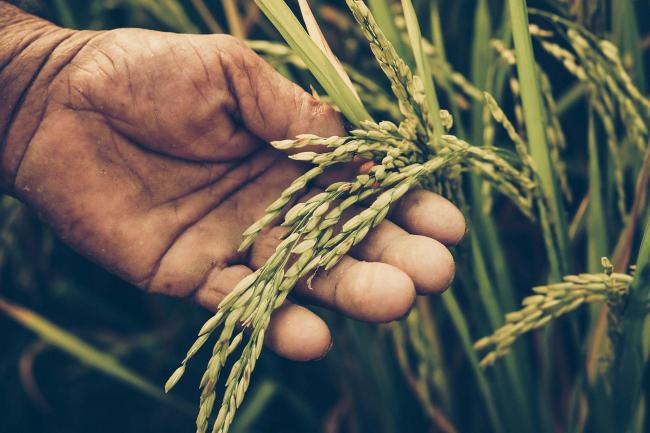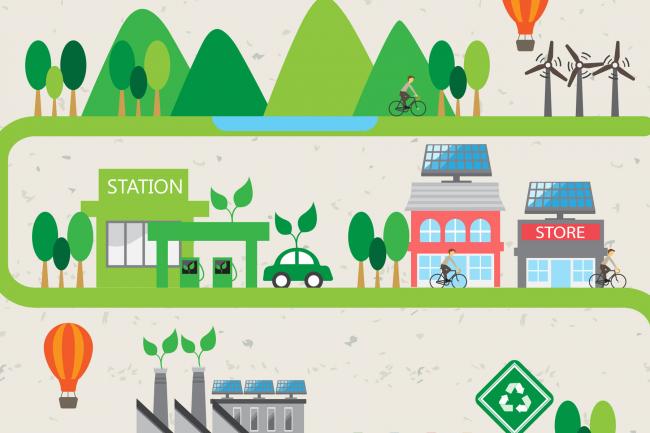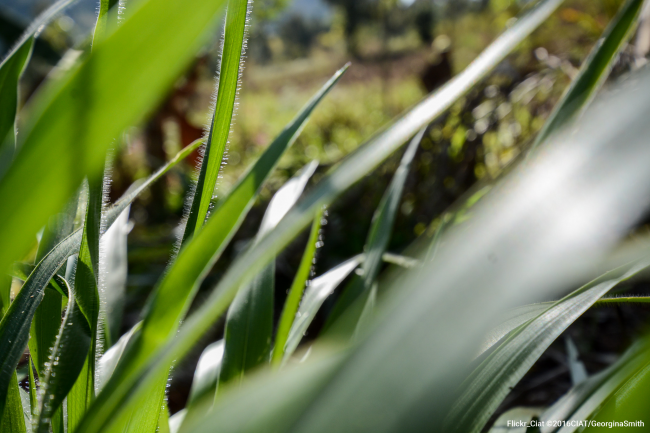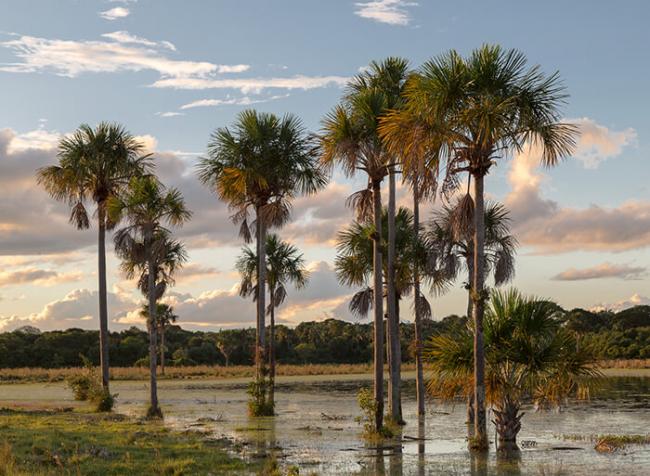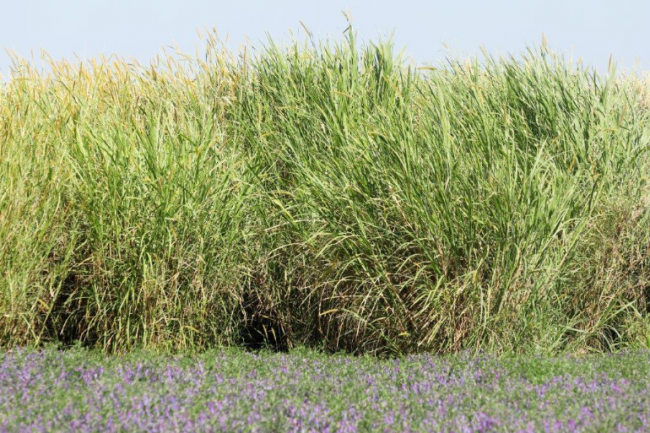De Vega Group
Exploring crop diversity and evolution to drive improvement
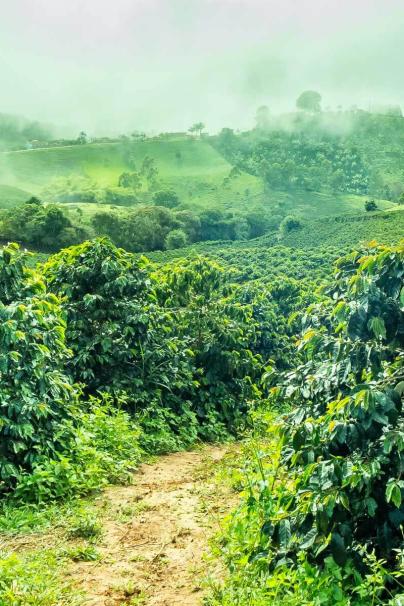
Exploring crop diversity and evolution to drive improvement
Our research is at the intersection of genome evolution and crop breeding.
We investigate how selection and adaptation shape crop genomes and population diversity, and how this genetic variation manifests in the variation of agronomic traits. We are particularly interested in hybrids, such as allopolyploids, and species that have been domesticated multiple times. Our goal is to reduce the time it takes for improved crop varieties to reach growers by accelerating the efficiency and speed of crop improvement.
Through genomic computational analyses, we identify superior cultivars with new diversity and markers associated with important agronomic traits. This involves utilising our expertise in large datasets, population analysis, and association mapping to help speed up the selection of top-performing plants. We partner with breeders in the UK and abroad to introduce specific traits into elite genetic backgrounds and implement marker-assisted selection (MAS) and genomic selection (GS) in their improvement programmes.
Our research outputs aim to reduce the time needed for improved elite varieties to reach the farmers through accelerated screening (e.g. markers, genomic selection, etc.) and improved gene-pool (e.g. prioritise crosses, prevent bottlenecks, etc.).
In short, we are a bridge between collections and breeding.
We collaborate with plant breeders, researchers and genebanks, especially from other BBSRC institutes, CGIAR centres, and developing countries. We are open to new challenges and interesting projects and collaborations, and strongly support open source principles and publicly available data. We deliver capacity building and develop genomic approaches for breeding, working with breeders to ensure that their needs are met.
A lot of our work involves studying the effect and genomic context of SNPs and CNVs, comparing the transcriptomic changes on different conditions, and describing the landscape of features of relevant genomes. We focus on developing genome-wide computational pipelines for the analysis of complex genomes and large populations in a cost-effective way.
Examples of our current projects include:
We are contributing to feeding a changing world. We aim to make farming more efficient through intensification and resilient management practices, maintaining or increasing production without compromising ecosystem services.
Our research fits into the Earlham Institute’s scientific focus on how selection and adaptation have driven the evolution of crop and the institute’s core expertise in data science and enabling technologies. We often focus on overseas collaborations and major subtropical crops, where the yield gaps are higher. We frequently implement previously tested tools and methods in new systems. Projects usually include capacity building activities to grow skills in data science, as a direct, impactful path to build research capital in emerging countries.

